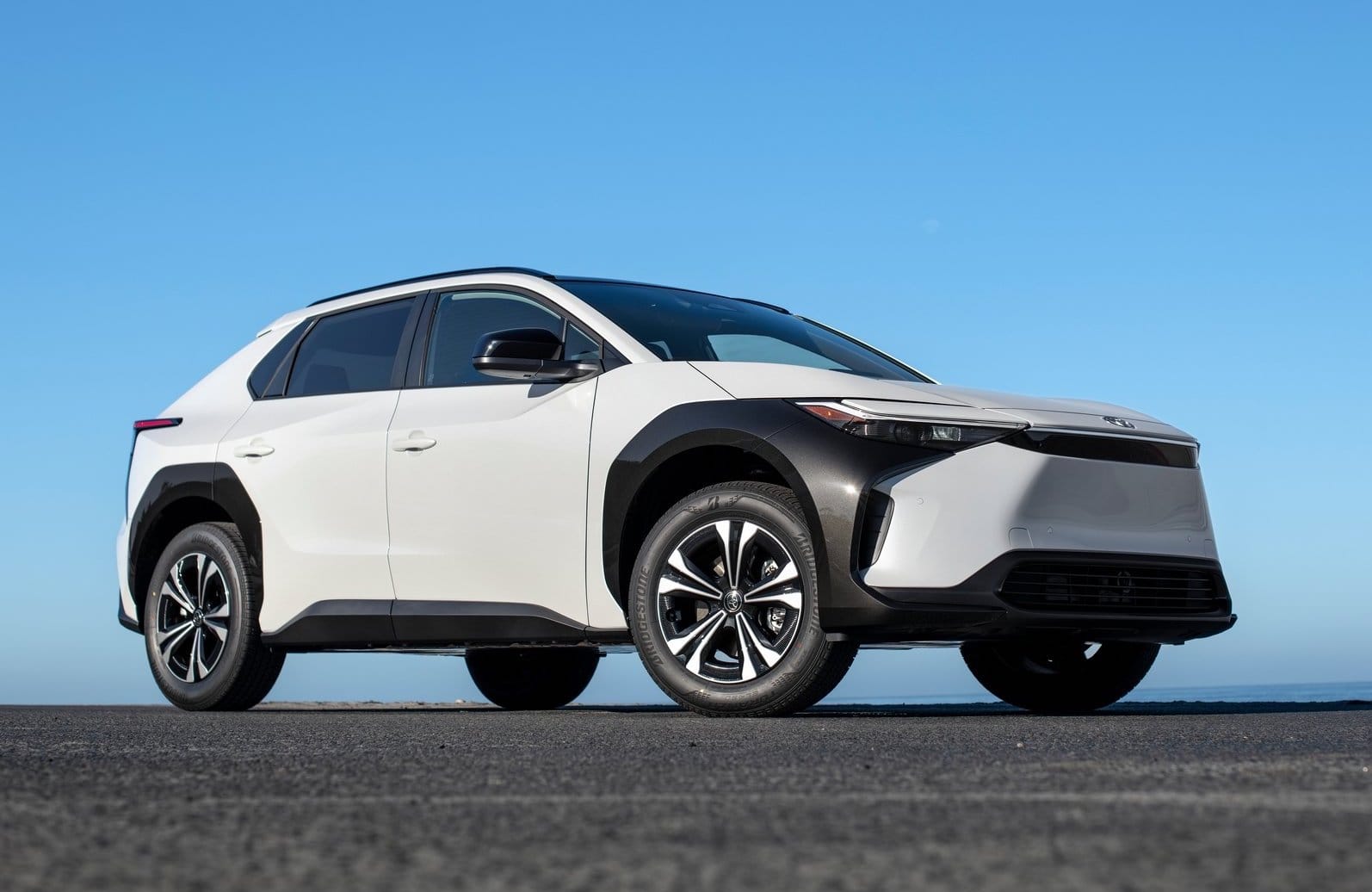For Heatmap: Japan’s Storied Automakers Are Getting Crushed on EVs. What Happened?
Toyota and Honda never really believed in EVs. Then China gave them a wake-up call.

An entire nation’s automotive industry may have misjudged the moment. Environmental issues are forcing changes it doesn’t seem ready for. New competitors boasting more efficient technologies have led some observers to wonder if it will survive at all.
Am I talking about America’s automotive industry during the infamous 1970s Malaise Era, or the Japanese auto industry in the 2020s? In the growing arms race around battery-electric vehicles, Japan’s automakers may have some serious catching up to do.
On a lot of levels, comparing the Toyota of today to, say, Ford in 1977 is rather unfair. After all, automakers like Toyota, Honda, Mazda, Subaru and the rest — though hammered by the pandemic and the chip shortage — continue to be handsomely profitable and still produce high-quality, reliable, and fuel-efficient traditional cars and hybrids. It’s hard to start a Death Watch for a company like Toyota when it sold more than 10 million cars globally last year.
But buyers who are loyal to Japanese brands and want to break up with gasoline entirely are better served by Tesla, Ford, Chevrolet, or Hyundai.

